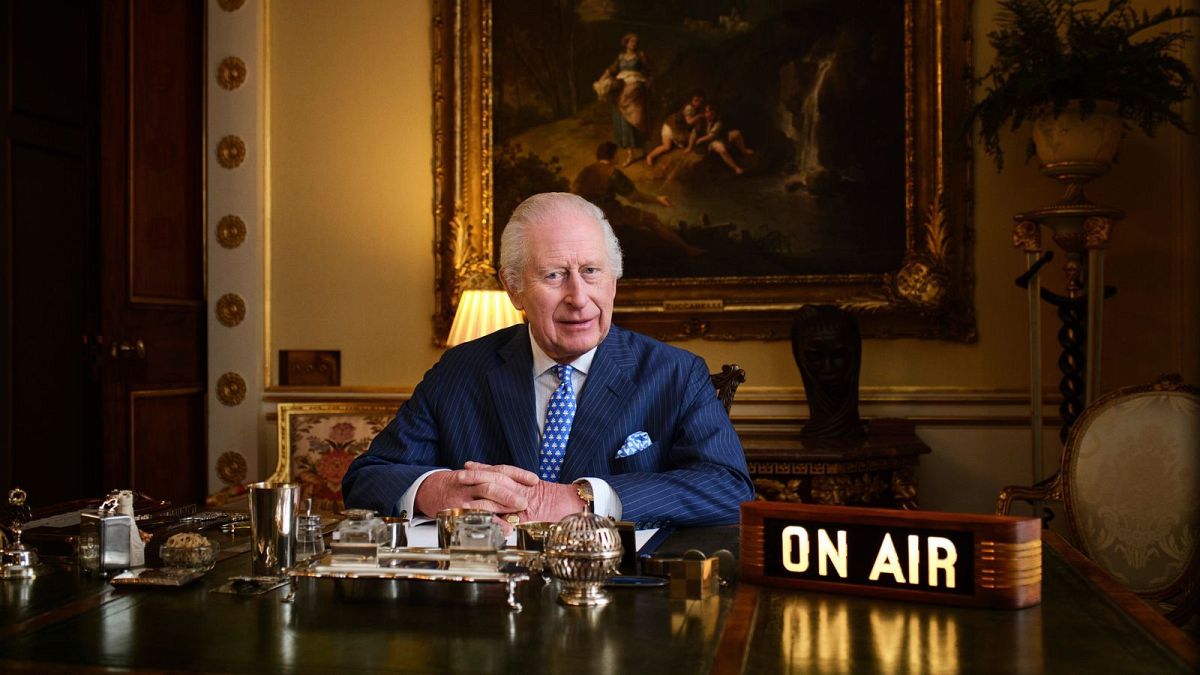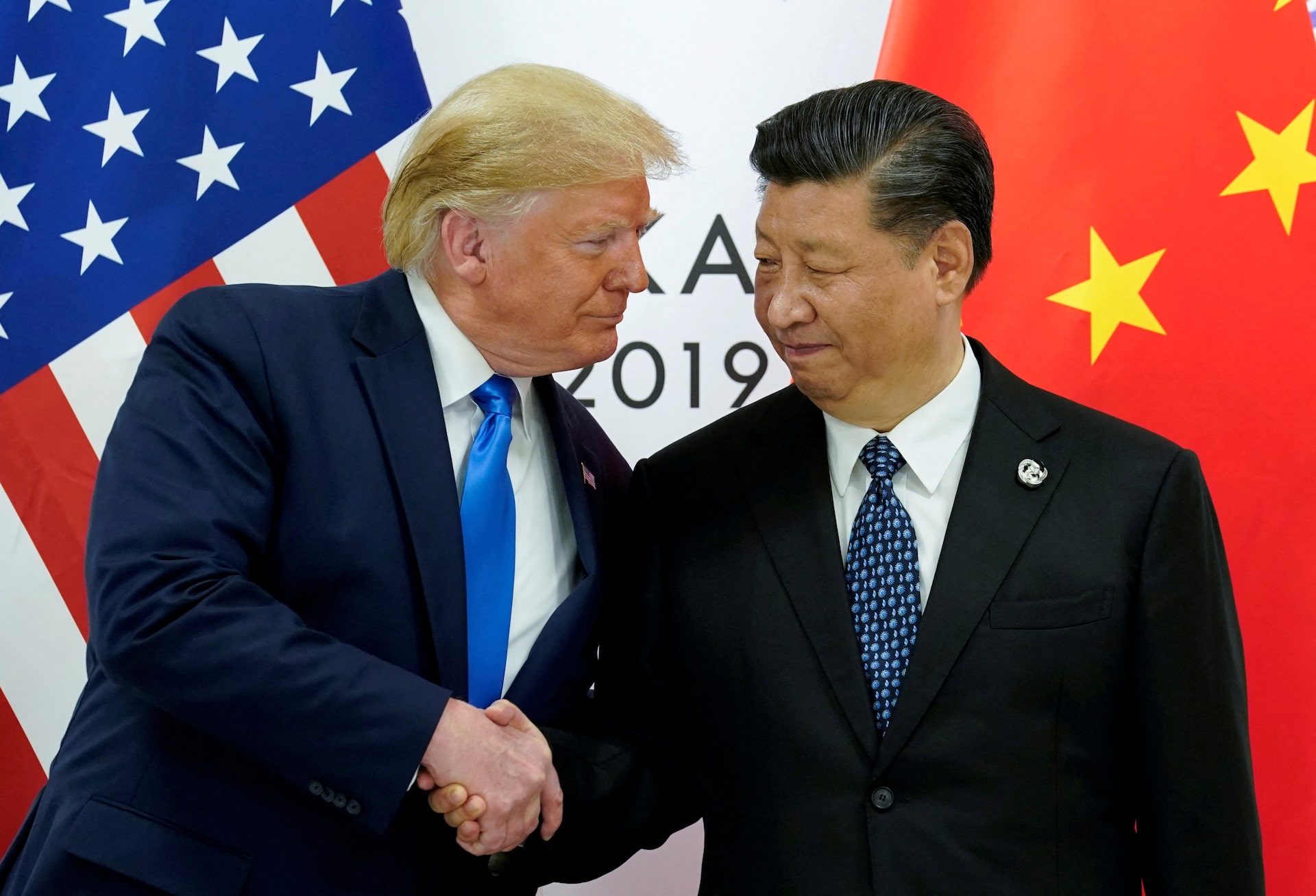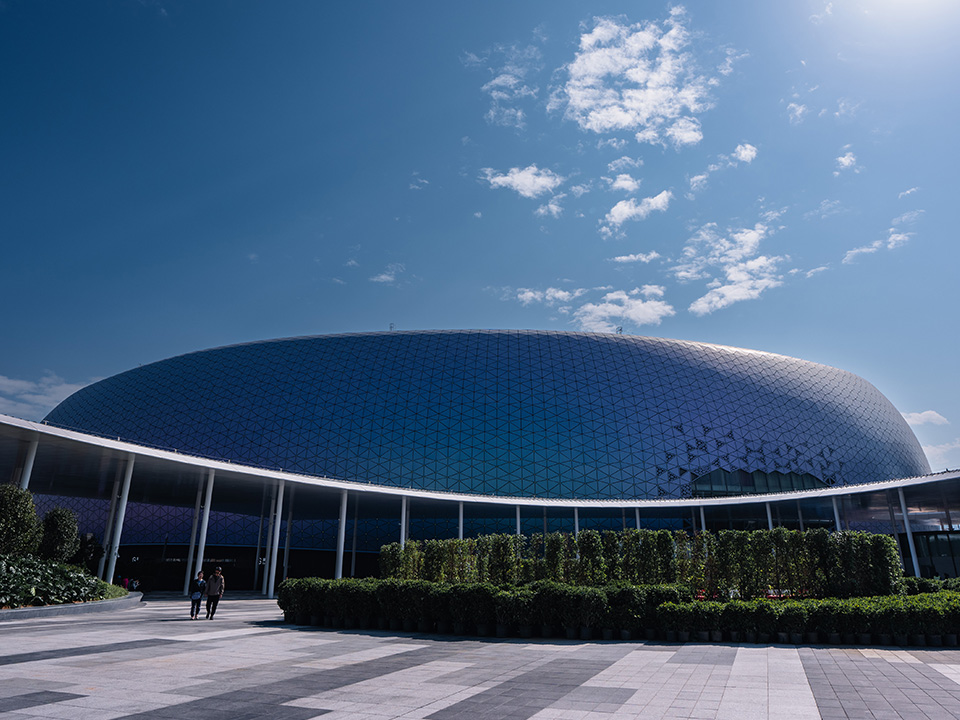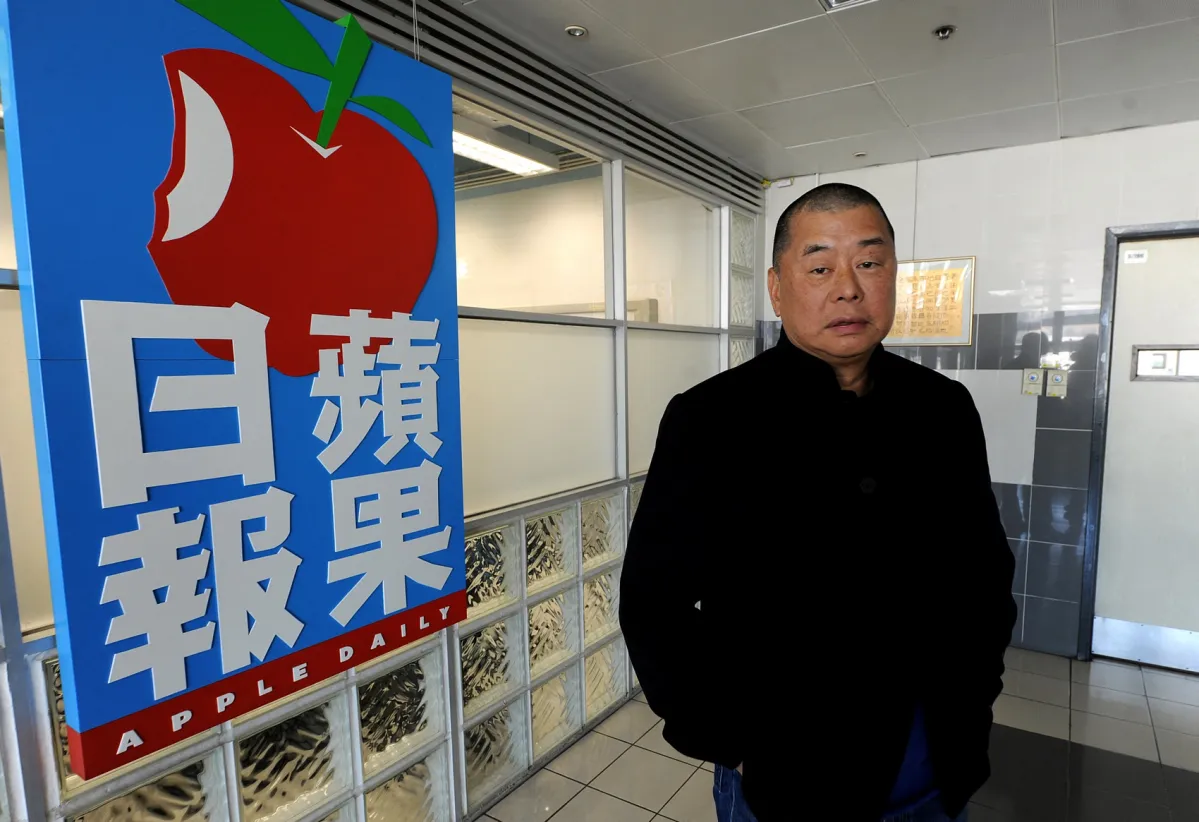King Charles III resumed his public duties on 1st April 2025, presiding over an investiture ceremony at Windsor Castle. This marked his first public appearance following a brief hospitalisation for cancer treatment, signalling his return to royal duties.
Honourees of the Day
During the ceremony, the King conferred honours upon a number of outstanding individuals from various fields, acknowledging their exceptional contributions:
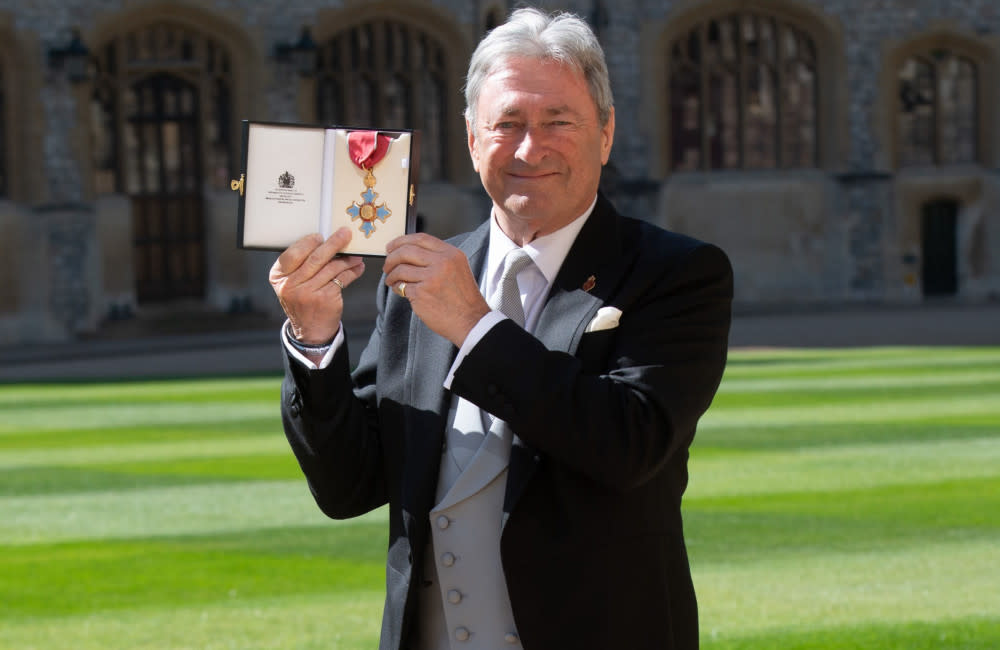
• Alan Titchmarsh (Commander of the Order of the British Empire, CBE): A renowned British television gardener, honoured for his long-standing efforts to promote gardening culture and his active participation in charitable work.
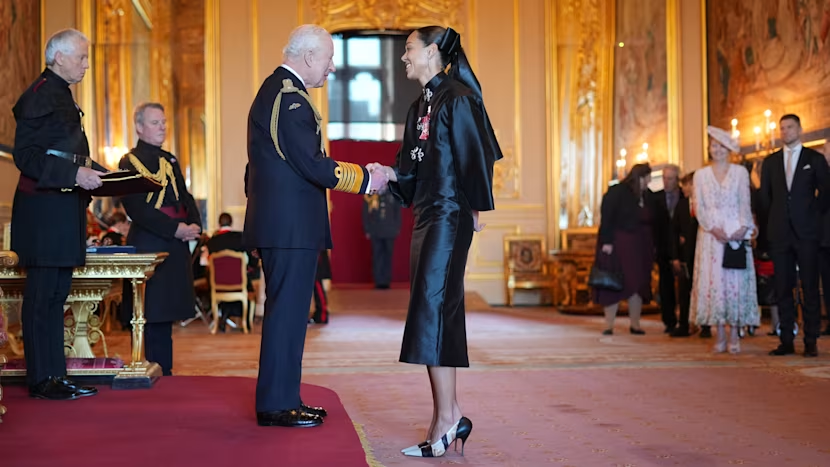
• Katarina Johnson-Thompson (Member of the Order of the British Empire, MBE): A world heptathlon champion, recognised for her gold medal win at the World Athletics Championships and her contribution to British sports.
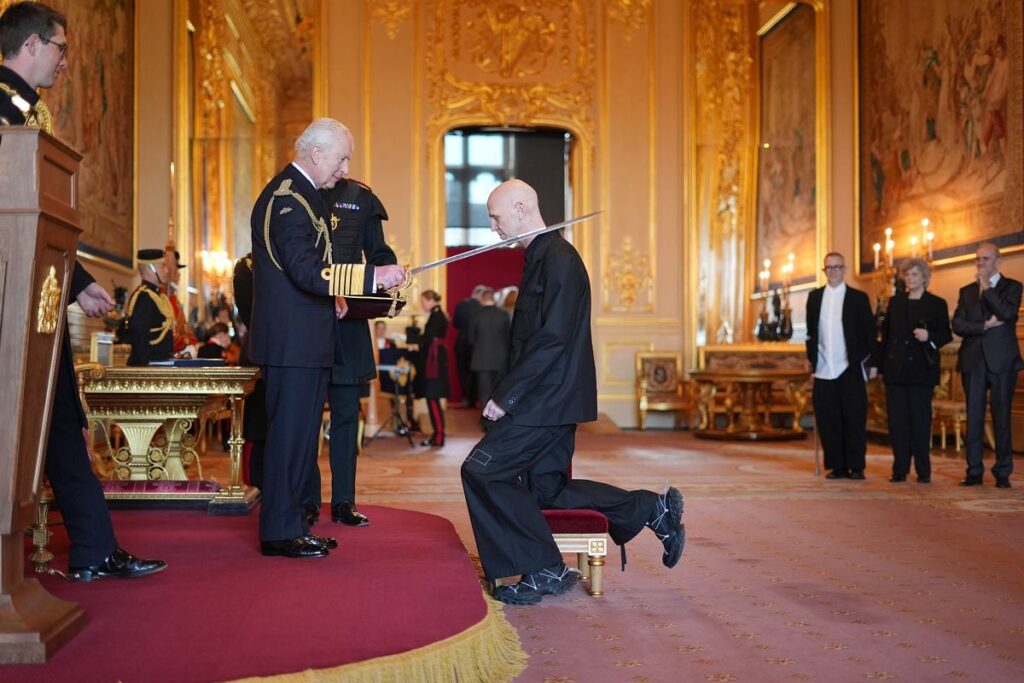
• Wayne McGregor (Knight Bachelor): A choreographer with the Royal Ballet, known for his innovative contributions to contemporary dance and his profound influence on the UK’s dance scene.
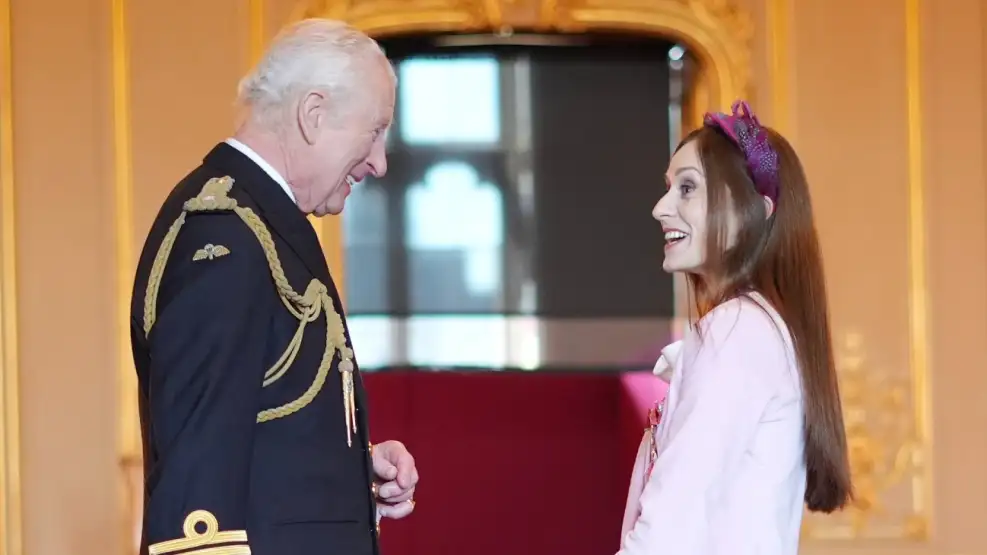
• Marianela Núñez (Officer of the Order of the British Empire, OBE): A principal dancer with the Royal Ballet, recognised for her outstanding performances and contributions to the art of ballet.
Hong Kong Honourees
During the British colonial period, several individuals from Hong Kong were honoured with British awards. One such individual was the late Sir Sze-yuen Chung, who received several British honours, including:
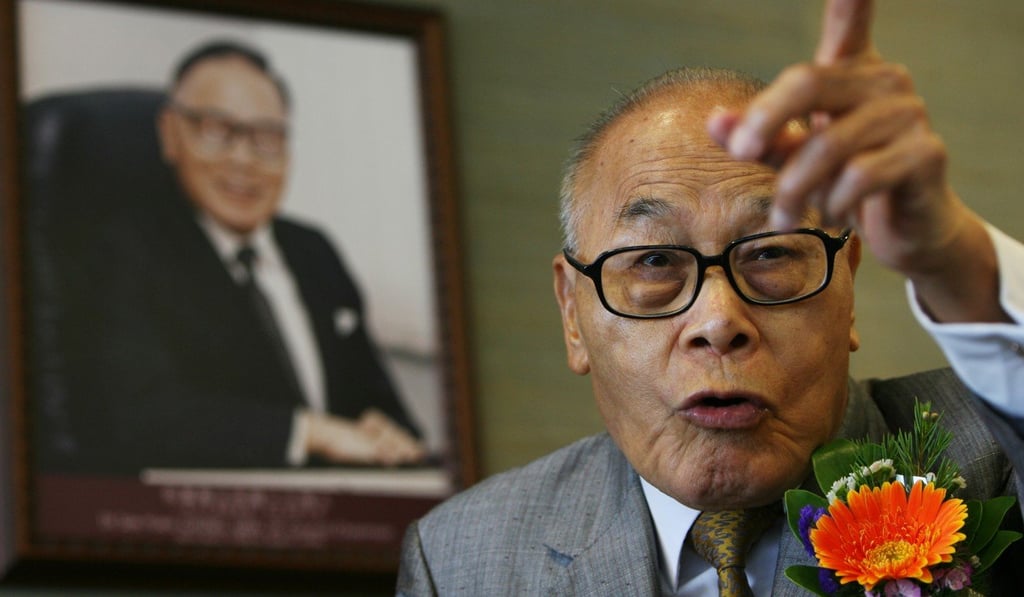
Sir Sze-yuen Chung
• 1968: Officer of the Order of the British Empire (OBE)
• 1975: Commander of the Order of the British Empire (CBE)
• 1978: Knighted as Sir
• 1989: Knight Grand Cross of the Order of the British Empire (GBE), one of the highest British honours ever conferred upon a Hong Kong resident
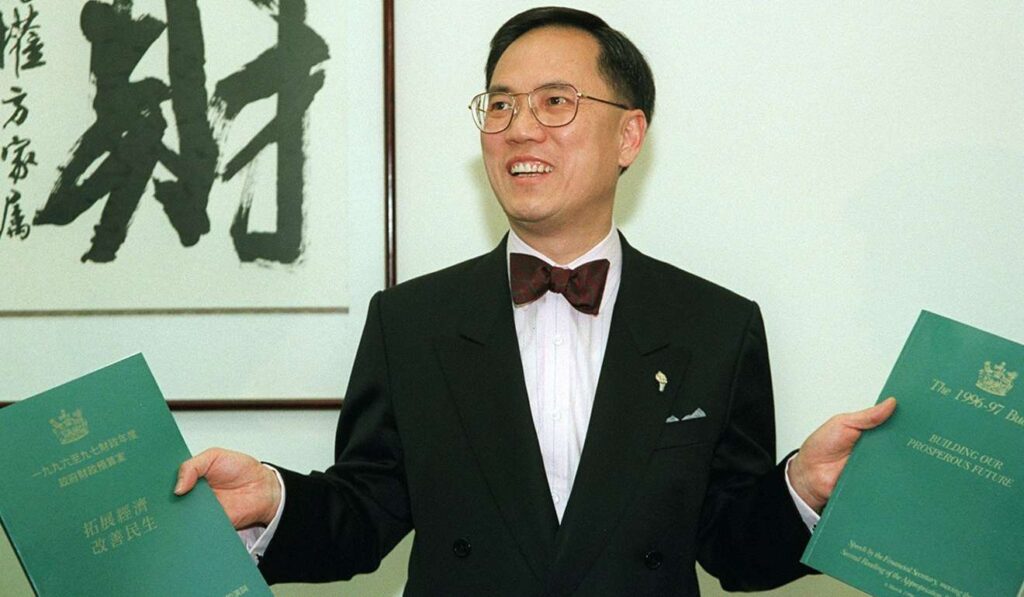
Another notable Hong Kong figure, Donald Tsang Yam-kuen, who served as Deputy Director of the Hong Kong Government’s Political Bureau during the colonial era, was awarded the Knight Commander of the Order of the British Empire (KBE) for his contributions to public service in Hong Kong. Traditionally, recipients of the KBE title are entitled to the title “Sir”, though Tsang chose not to use it.
Post-Handover Changes
Since the 1997 handover, the Hong Kong Special Administrative Region (SAR) government has established its own honours system, including the Gold Bauhinia Star (GBS), to recognise individuals who have made significant contributions to the region. However, the British government continues to award honours to Hong Kong residents, and in recent years, several individuals, particularly those involved in human rights and freedom advocacy, have been honoured by the UK.
Of course, one must not forget that Hong Kong officials who have found themselves on the receiving end of foreign sanctions – often for their roles in policies that have attracted international condemnation – may also see such sanctions as a sort of ‘unofficial honour’ from abroad. Indeed, there’s a certain irony in the fact that some of these officials are celebrated in certain quarters for the very policies that earned them such “distinguished” recognition! It’s certainly an award that’s hard to forget, and unlike the traditional medals, it doesn’t seem to come with an expiry date.
Conclusion
King Charles III’s investiture ceremony not only marks his return to public duties but also reinforces the British tradition of recognising individuals who have made extraordinary contributions to their fields. For Hong Kong residents, the British honours system has long been intertwined with their social fabric, both during the colonial era and in the present day. And for those officials caught in the crossfire of international diplomacy – well, they too may consider themselves part of this curious, but not altogether unwanted, legacy of “honours”.

